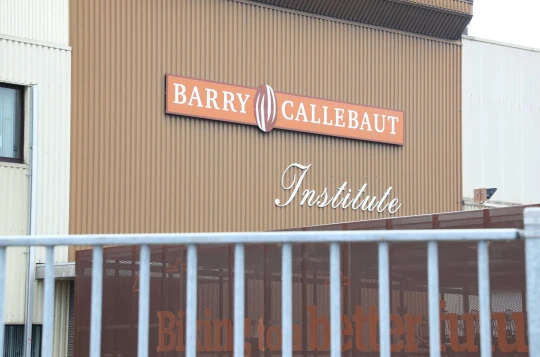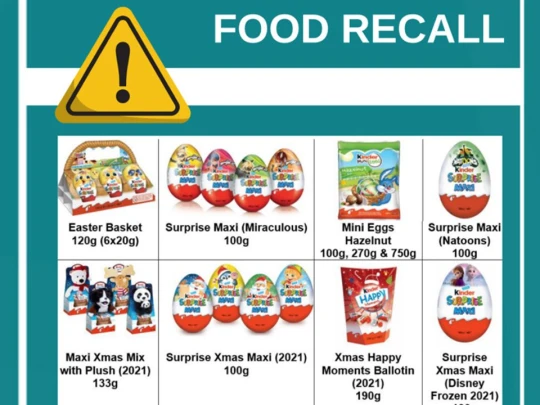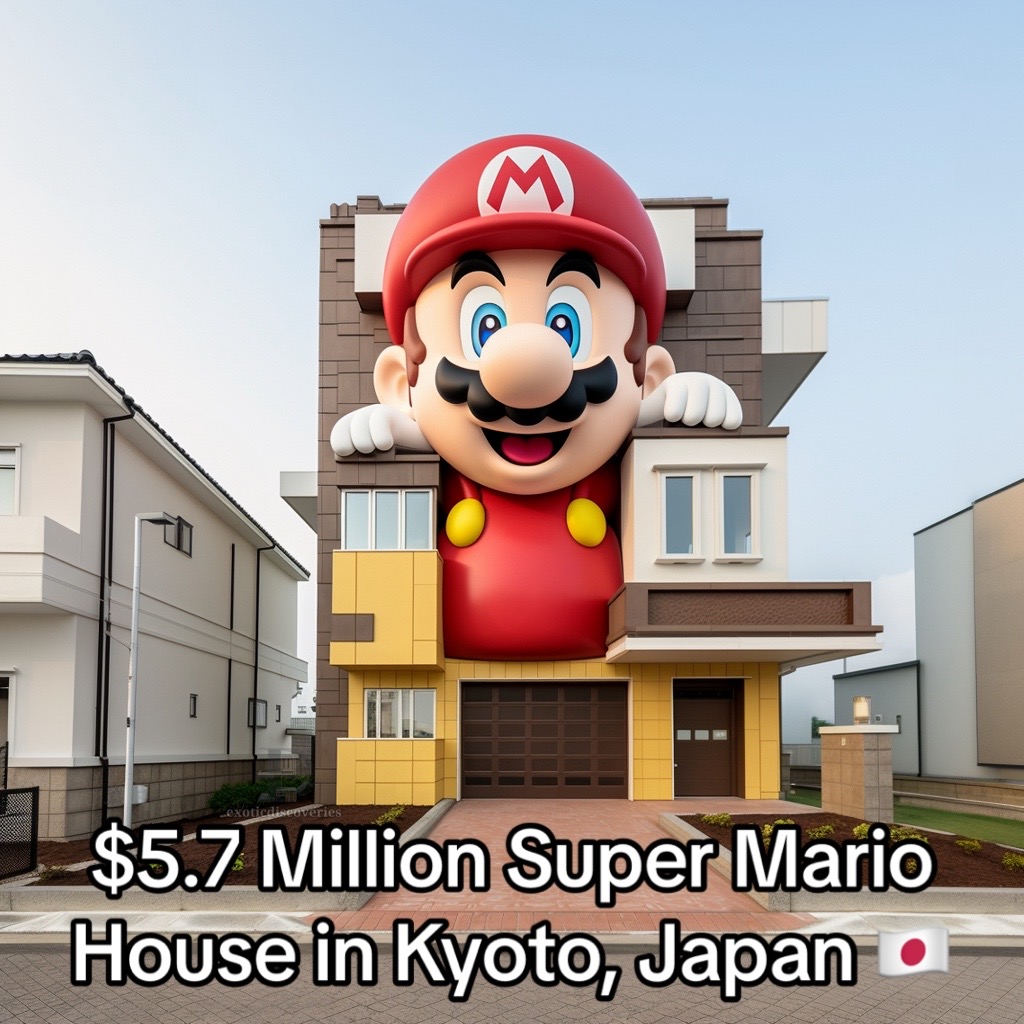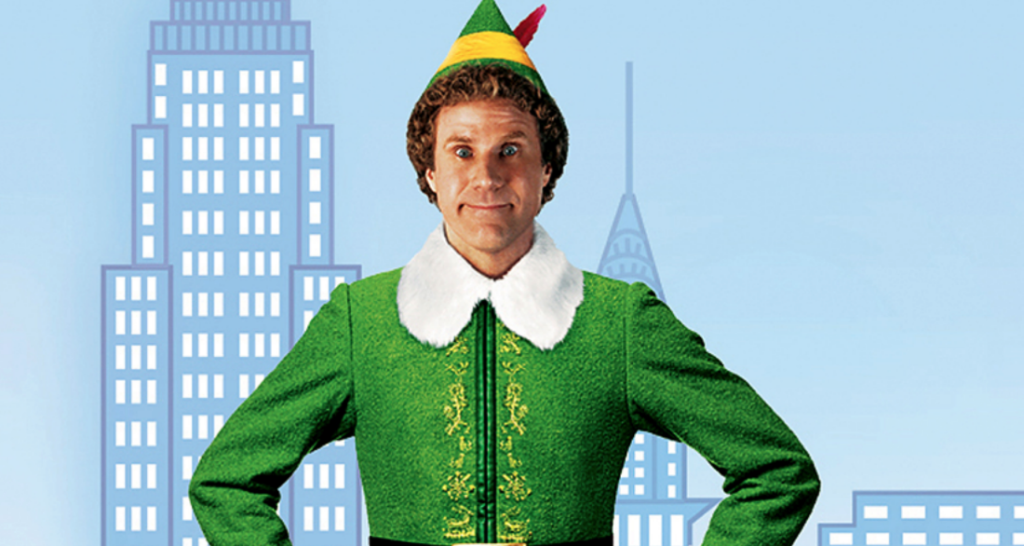The largest chocolate factory in the world has stopped production after salmonella bugs were found.
Among the global clients served by the factory are Hershey, Mondelez, Nestle, and Unilever.
In the Belgian town of Wieze, it is operated by the multinational Swiss company Barry Callebaut and creates liquid chocolate in bulk volumes for 73 customers.

Today, a firm spokeswoman promised to get in touch with any consumers who may have gotten tainted chocolate.
“All products created since the test have been prohibited,” said spokesman Korneel Warlop. Wieze’s chocolate production is still on hold till further notice.
It happens just after families in the UK were instructed to discard any Kinder Eggs they may have had at home owing to the risk of salmonella.

70 kids, mostly under the age of five, got food poisoning in the UK.
According to an examination, samples matched the salmonella strain that had previously infected samples from a different plant in Belgium last December.
Salmonella illness “may be serious and many children impacted in this outbreak have been very poorly and hospitalised,” said Dame Jenny Harries, chief executive of the UKHSA, at the time.
According to a Barry Callebaut spokeswoman, the majority of the affected products in today’s incident are still on the premises.
All of the company’s customers have been informed and asked not to transport any goods manufactured with chocolate produced at the Wieze facility in Flanders, northwest of Brussels, after June 25.
After receiving notification, Belgium’s AFSCA food safety regulator began an inquiry, according to a representative for AFP.
The Wieze plant does not produce chocolates for direct consumer sale, and there is currently no basis for the company to suspect that any contaminated products produced by clients have gotten it onto store shelves.
The market leader in the space is the Swiss company Barry Callebaut, whose 2.2 million tonnes in sales were recorded for the fiscal year 2020–2021.
The group employs more than 13,000 people, has more than 60 production sites worldwide.
Belgian health authorities announced on June 17 that they had given the green light to restart the Ferrero factory in Arlons, where the previous Kinder contamination came from.
This will be for a three-month test period.















